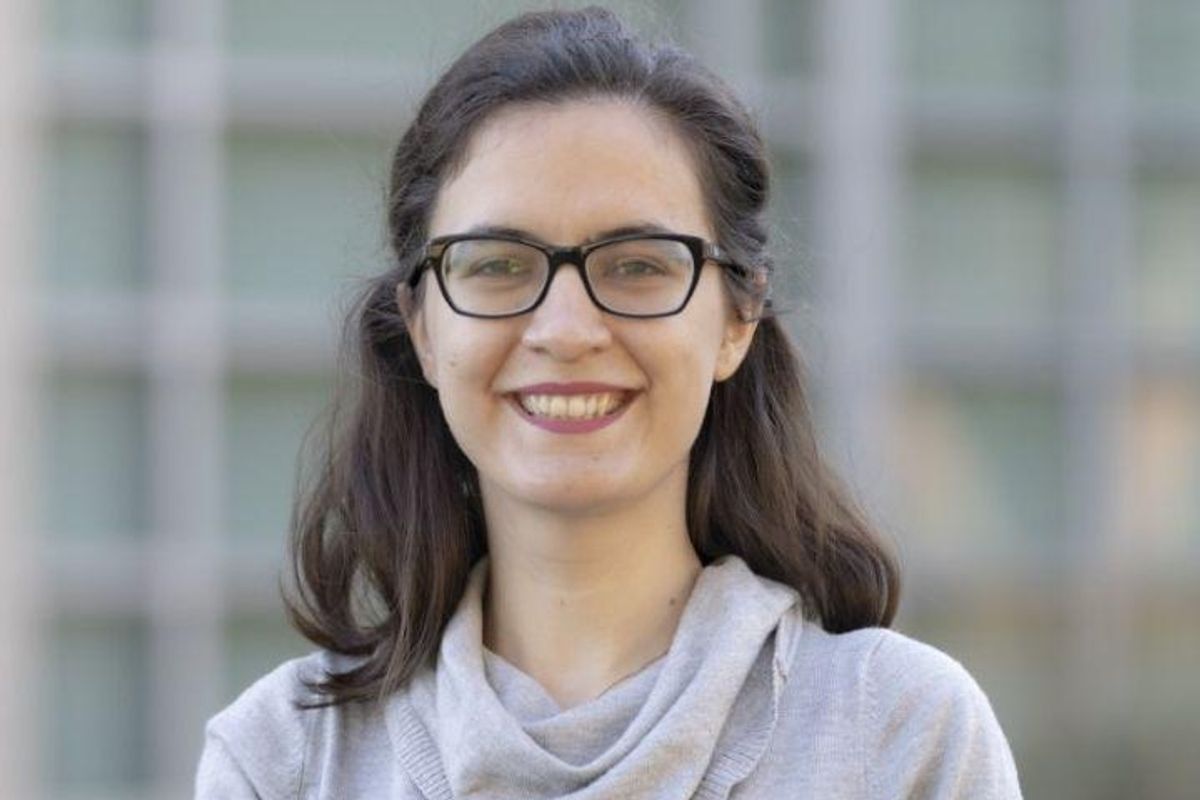Houston innovator receives $5M to establish new center that explores crystallization process
crystal clear initiative
A new hub at the University of Houston is being established with a crystal-clear mission — and fresh funding.
Thanks to funding from Houston-based organization The Welch Foundation, the University of Houston will be home to the Welch Center for Advanced Bioactive Materials Crystallization. The nonprofit doled out its inaugural $5 million Catalyst for Discovery Program Grant to the new initiative led by Jeffrey Rimer, Abraham E. Dukler Professor of Chemical Engineering, who is known internationally for his work with crystals that help treat malaria and kidney stones.
“Knowledge gaps in the nascent and rapidly developing field of nonclassical crystallization present a wide range of obstacles to design crystalline materials for applications that benefit humankind, spanning from medicine to energy and the environment,” says Rimer in a news release. “Success calls for a paradigm shift in the understanding of crystal nucleation mechanisms and structure selection that will be addressed in this center.”
The Welch Foundation, which was founded in 1954, has granted over $1.1 billion to scientists in Texas. This new grant program targets researchers focused on fundamental chemical solutions. Earlier this year, the organization announced nearly $28 million in grants to Texas institutions.
"Support from the Welch Foundation has led to important advances in the field of chemistry, not only within Texas, but also throughout the United States and the world as a whole,” says Randall Lee, Cullen Distinguished University Chair and professor of chemistry, in the release. “These advances extend beyond scientific discoveries and into the realm of education, where support from the Welch Foundation has played a significant role in building the technological workforce needed to solve ongoing and emerging problems in energy and health care.”
Rimer and Lee are joined by the following researchers on the newly announced center's team:
- Peter Vekilov, Moores Professor, chemical and biomolecular engineering
- Alamgir Karim, Dow Chair and Welch Foundation Professor, chemical and biomolecular engineering;
- Jeremy Palmer, Ernest J. and Barbara M. Henley Associate Professor, chemical and biomolecular engineering
- Gül Zerze, chemical and biomolecular engineering
- Francisco Robles Hernandez, professor of engineering technology.
The University of Houston also received another grant from the Welch Foundation. Megan Robertson, UH professor of chemical engineering, received $4 million for her work with developing chemical processes to transform plastic waste into useful materials.
“For the University of Houston to be recognized with two highly-competitive Welch Foundation Catalyst Grants underscores the exceptional talent and dedication of our researchers and their commitment to making meaningful contributions to society through discovery,” Diane Chase, UH senior vice president for academic affairs and provost, says in the release.
- Rice University announces leader of new materials and nanotechnology institute ›
- Nonprofit doles out $28M, a cool new tool from a Houston startup, and more trending news ›
- Houston-based nonprofit leader believes COVID-19 will have long-term effects on important research ›
- Houston organization announces nearly $28M in Texas research grant funding ›

 Gül Zerze is an assistant professor in the William A. Brookshire Department of Chemical and Biomolecular Engineering. Photo via UH.edu
Gül Zerze is an assistant professor in the William A. Brookshire Department of Chemical and Biomolecular Engineering. Photo via UH.edu


